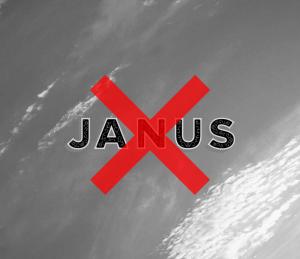By Robert Bruno
May 21, 2018
Should courts have the power to impose wage cuts, shrink the economy and require private organizations to deliver costly services for free?
Most people would probably say no. Yet this is what could happen when the U.S. Supreme Court issues its ruling in Janus v. AFSCME Council 31, expected sometime in June.
At issue in Janus — a case that originated here in Illinois — are state laws that require public sector workers represented by unions to share in the cost of collective bargaining over their wages, benefits and working conditions through the payment of what are called “fair share” fees.
“Fair share” fees are not union dues and cannot be used for politics or lobbying. They are limited to the direct cost of negotiating and enforcing employment contracts. 
The legality of “fair share” laws — which currently affect 5 million teachers, firefighters, nurses and other public sector workers in 23 states and the District of Columbia — was established by the court more than four decades ago.
Ever since, a network of well-funded interests has sought ways to reduce worker earnings by weakening the bargaining power of employees.
But what could this decision mean for 5 million affected workers, the economy and the labor movement?
Read the full story HERE.
Robert Bruno is a professor of labor and employment relations at the University of Illinois at Urbana-Champaign and serves as director of the University’s Labor and Education Program and the Project for Middle Class Renewal.





